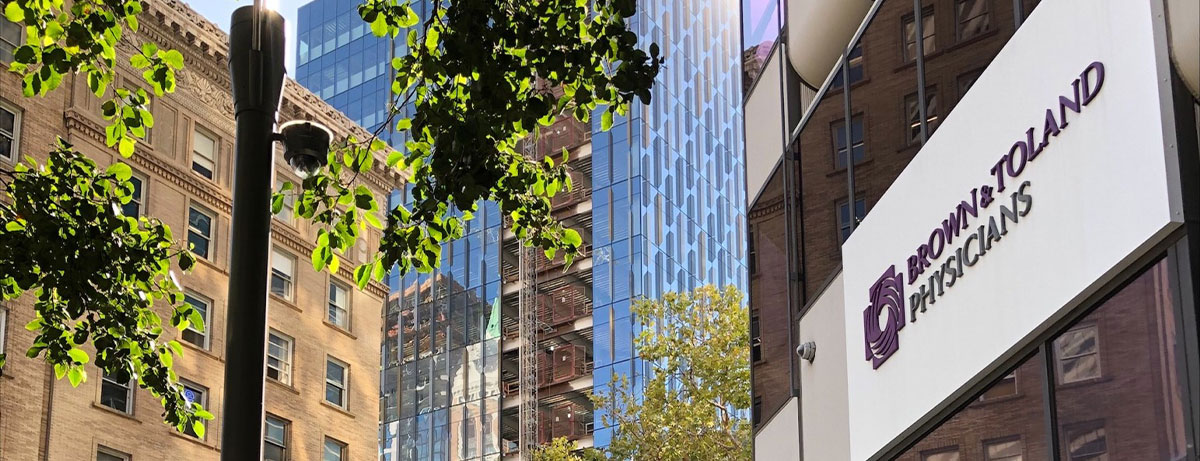How to Cope with Wildfire Smoke

After months of following shelter-at-home orders due to the COVID-19 pandemic, California residents now have another reason to stay inside: dangerously poor air quality from a series of wildfires that continue to burn across the state.
Wildfire smoke can cause a variety of health issues. It can irritate your lungs, affect your heart health, cause inflammation, weaken your immune system, and make you more prone to lung infections, including the virus that causes COVID-19. The best way to protect against the potentially harmful effects of wildfire smoke is to reduce your exposure, for example, by seeking cleaner air shelters and cleaner air spaces.
How to protect your family during wildfires
The American Lung Association in California has offered the following advice for those struggling with the health risks of wildfire smoke:
- Stay indoors. People living close to the fire-stricken areas should remain indoors, unless prompted by local officials to evacuate, and avoid breathing smoke, ashes and other pollution in the area.
- Don’t count on a dust mask. Cloth facial coverings used to protect us from COVID-19 will not help. They still allow the more dangerous smaller particles to pass through. Special, more expensive dust masks with an N-95 or N-100 filter will filter out the damaging fine particles, but may not fit properly and are difficult for people with lung disease to use.
- If you have lung disease, consult with your doctor before using a N95 mask. These masks can make it more difficult for anyone to breathe and should only be used if you must go outside.
- Due to the COVID-19 pandemic, N95 masks may not be readily available due to shortages and because they are needed for frontline health care workers.
- Take precautions for kids. Extra precaution should be taken for children, who are more susceptible to smoke. Their lungs are still developing, and they breathe in more air (and consequently more pollution) for their size than adults. Masks should not be used for children because they will likely not fit properly.
- Roll up your car windows. When driving your car in smoky areas, keep your windows and vents closed, and operate on “recirculate” setting, including when using air conditioning.
- Protect the air in your home. Stay inside as much as possible, with doors, windows and fireplace dampers shut and preferably with clean air circulating through air conditioners and air cleaners. Use air conditioners on the recirculation setting to keep from pulling outside air into the room. Air cleaning devices that have HEPA filters can provide added protection from the soot and smoke. Place damp towels under the doors and other places where the outside air may leak in.
- Prepare to evacuate if directed. Listen to your local or state officials and protect yourself and your family.
- Don’t exercise outside. If you live close to or in the surrounding area, don’t exercise outdoors, especially if you smell smoke or notice eye or throat irritation.
For more information on how to protect yourself during wildfires, download the “Protect Your Health During Wildfires” PDF from lung.org. For the latest information about fire locations and containment, visit Cal Fire.
Sources: American Lung Association and the Centers for Disease Control and Prevention (CDC)
